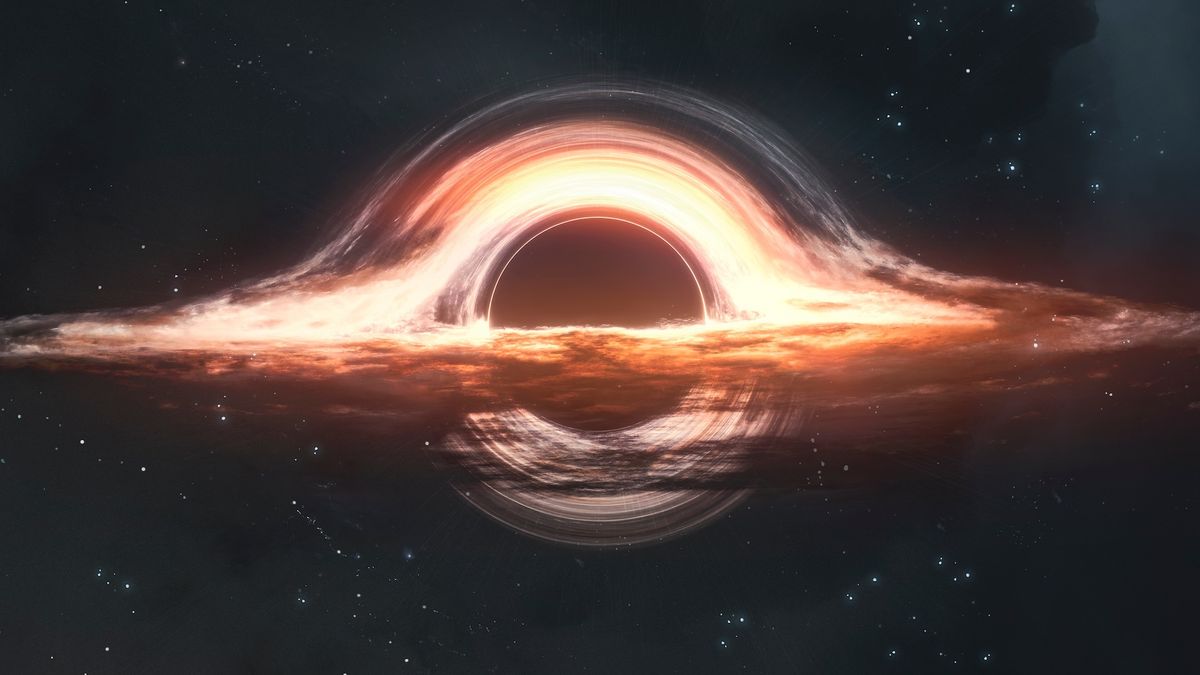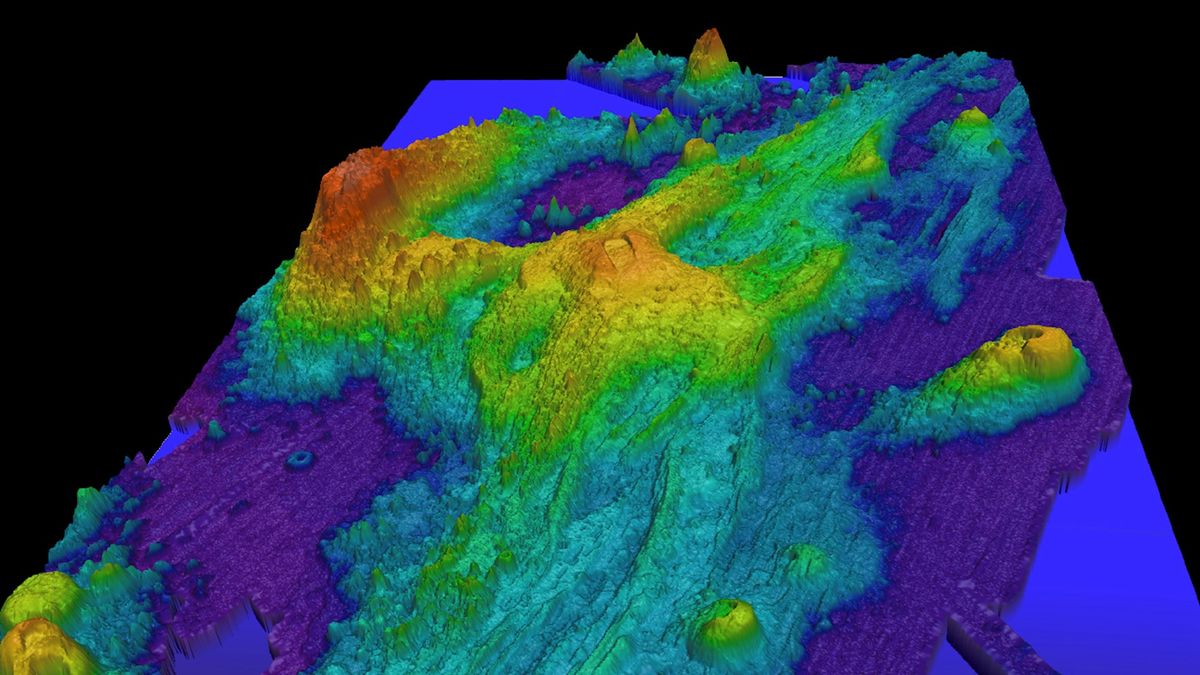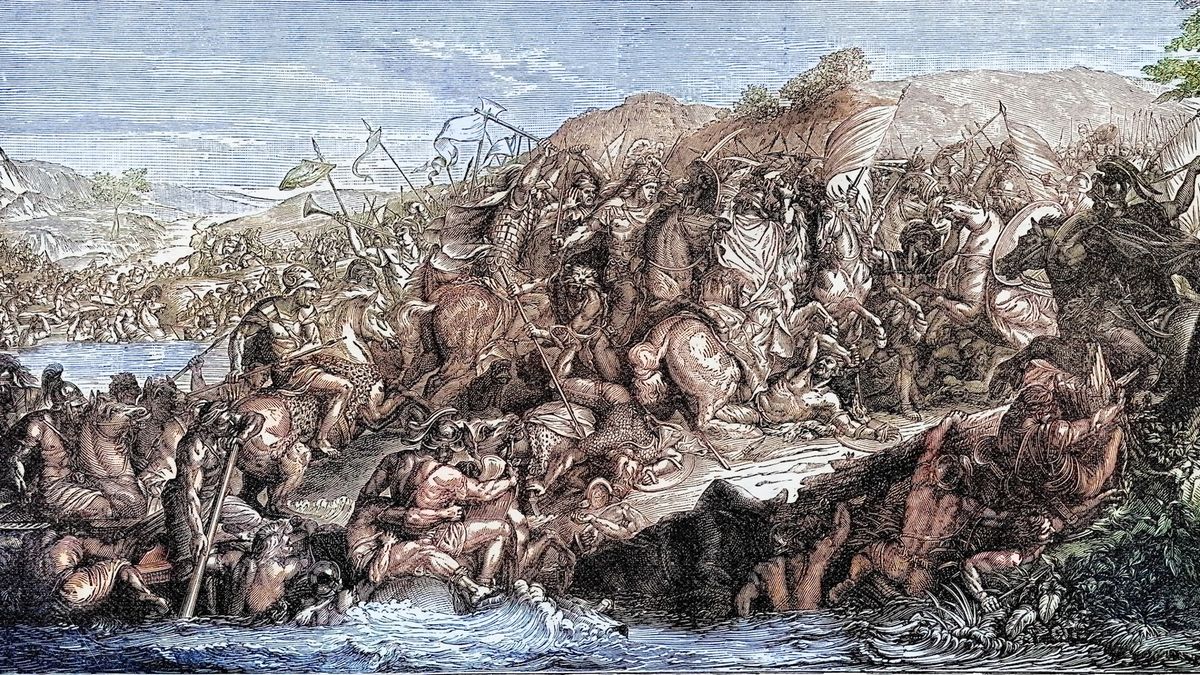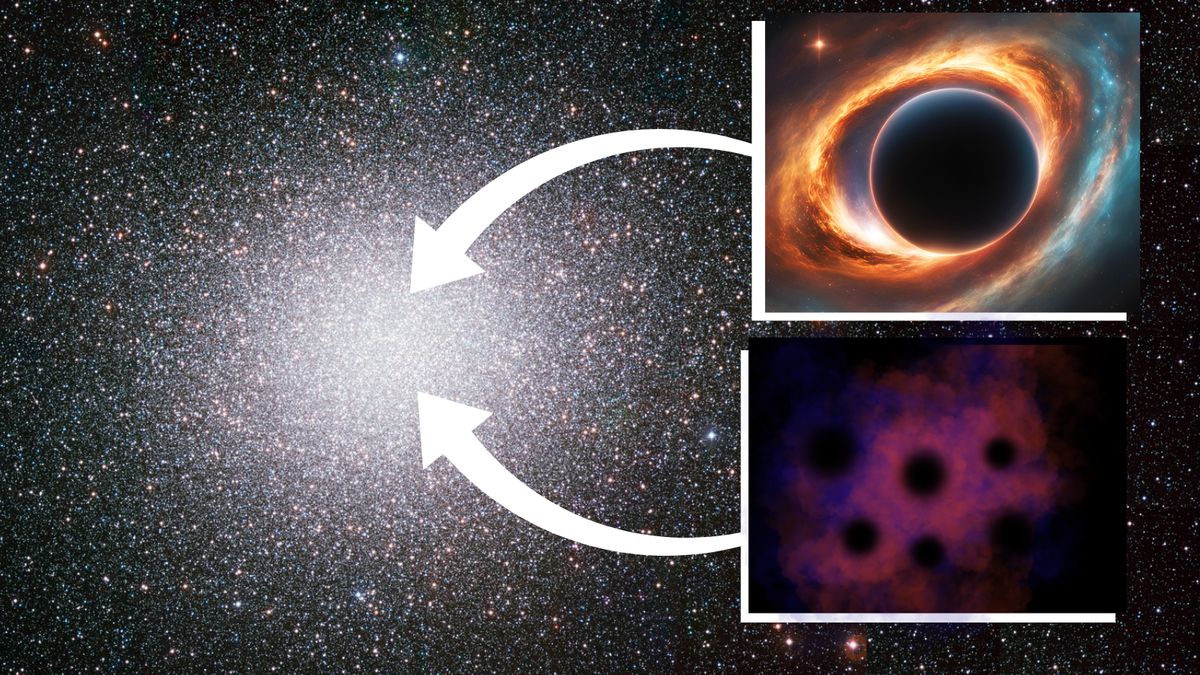Astronomers may have found tantalizing evidence that dark energy — the mysterious energy driving the accelerating expansion of our universe — could be connected with black holes.
Dark energy makes up roughly 70% of our universe, and is thought to have emerged in the aftermath of the Big Bang, 13.8 billion years ago, to drive the growth of the cosmos.
But exactly where the mysterious force came from remains unclear. In recent years, some astronomers proposed a radical theory that, rather than being diffusely spread throughout all space, dark energy could emerge from the hearts of gigantic black holes. Others, however, discounted the proposal as outlandish.
Now, a new study claims to have found the first hints of a connection between the two seemingly unrelated phenomena: a match between the increasing density of dark energy and the growing mass of black holes as the universe aged. The researchers published their findings Oct. 28 in the Journal of Cosmology and Astroparticle Physics.
Related: James Webb telescope confirms there is something seriously wrong with our understanding of the universe
“If you ask yourself the question, ‘Where in the later universe do we see gravity as strong as it was at the beginning of the universe?’ the answer is at the center of black holes,” study co-author Gregory Tarlé, professor of physics at the University of Michigan, said in a statement. “It’s possible that what happened during inflation runs in reverse, the matter of a massive star becomes dark energy again during gravitational collapse — like a little Big Bang played in reverse.”
To search for clues that dark energy may be connected to black holes, the researchers used the Dark Energy Spectroscopic Instrument (DESI) mounted on the Nicholas U. Mayall 4-meter Telescope in Arizona, which pinpoints the monthly positions of millions of galaxies to study how the universe expanded up to the present day. This enables astronomers to infer the density of dark energy throughout the universe’s life from the speed at which the cosmos stretches outward.
By comparing this proxy data for dark energy to black hole growth at different stages of the universe’s life, the researchers made an intriguing observation.
“The two phenomena were consistent with each other — as new black holes were made in the deaths of massive stars, the amount of dark energy in the universe increased in the right way,” co-author Duncan Farrah, an associate professor of physics at the University of Hawaii, said in the statement. “This makes it more plausible that black holes are the source of dark energy.”
If the hypothesis is borne out, it could help to solve a growing conundrum in cosmology. For years, astronomers have found that the universe appears to be expanding at different speeds depending on where they look — a problem they call the Hubble tension. Some of the measurements confirm our best current understanding of the universe, while others threaten to break it.
Nonetheless, despite the interesting connection, the astronomers say that many more observations, by DESI and other experiments, are needed before any firm conclusions can be reached.
“Fundamentally, whether black holes are dark energy, coupled to the universe they inhabit, has ceased to be just a theoretical question,” Tarlé said. “This is an experimental question now.”















